Women Writing History Book Guide
The history of personality testing, Pan Am, Seashells, Reddit and more!
March is Women’s History Month and I wanted to write a guide highlighting the great work of women in nonfiction writing. I noticed that many of my favorite history books on my bookshelves are written by women, so I put together this (I might say) amazing collection of books by phenomenal writers. This book guide has incredible diversity of style and topics. I hope you enjoy reading this as much as I enjoyed writing it for you.
Happy reading!
Come Fly the World: The Jet-Age Story of the Women of Pan Am
By Julia Cooke | Published 2021 (Mariner Books) | Read my review
Depending on how old you are, you may remember a time when flying was downright glamorous. Today, it’s at best a non-event that gets you to where you need to be without incident. On a bad day, it can feel like hell. In Come Fly the World, Julie Cooke tells the story of the “jet-age” through the eyes of the most iconic stewardesses of all time. This book covers boundary-breaking women of Pan Am from the more mundane aspects of beauty standards to their lesser known, yet influential role, in the Vietnam War. It’s a fantastic read, and can I mention how beautiful this cover design is?!
Naming Nature: The Clash Between Instinct and Science
By Carol Kaesuk Yoon | Published 2009 (W. W. Norton)
This is one of my all-time favorite history of science books. Taxonomy as a topic may sound utterly uninteresting or outdated to many folks but the history of this discipline parallels radical changes in science. Humans have a seemingly unrelenting desire to name, order, and categorize the natural world. But this dynamic field has undergone radical changes over time, especially during the 20th century when the field of genetics rapidly evolved, and we now have a deeper understanding of the relations between living organisms than ever before. Naming Nature is a fascinating read, especially for the biology inclined.
The Sound of the Sea: Seashells and the Fate of the Oceans
By Cynthia Barnett | Published 2021 (W. W. Norton) | Read my review
I devoured this book when I read it, and it’s part of the reason it made it to my 2022 most interesting books list. Not only does this book have an outrageously gorgeous cover, but the book itself is so unique. Have you ever thought of human cultural history through the lens of seashells? I certainly had not! The Sound of the Sea is set up in three parts, with each chapter focusing on a particular shell and the role that shell plays in various cultures across history and around the world. It’s a profoundly interesting book, and should be on everyone’s TBR pile.
Pipe Dreams: The Urgent Global Quest to Transform the Toilet
By Chelsea Wald | Published 2021 (Avid Reader Press)
How often do you think about how crucial your toilet is to modern society? Probably not much. But 60% of the world’s population does not have a toilet in their home or a way to safely dispose of human waste. The toilet plays such an underrated role in our modern society that we often forget just how much our lives would be impacted without it. In Pipe Dreams, Wald shares everything you didn’t know you needed to know about toilets, waste sanitation, and the research and development that is currently trying to bring toilet solutions to the 4+ billion folks on our planet who need somewhere to poo. I loved this book so much it’s made it on not one, but two book lists in since I launched this newsletter.
Saving Yellowstone: Exploration and Preservation in Reconstruction America
By Megan Kate Nelson | Published 2022 (Scribner) | Read my review
This was a book I read that made me realize I actually liked history books (and was my most read category last year!), despite thinking that I hated history books for years. It was written so well that I couldn’t put it down. Saving Yellowstone is centered on the Hayden Survey Expedition through Yellowstone Basin, during the post-civil war years. The result of this expedition was increased scientific understanding of the unique geology of Yellowstone and, eventually, the beauty and artifacts of the region were enough to convince congress to form America’s first National Park. I learned a lot from this book about not only the years leading up to the establishment of Yellowstone National Park, but also about the reconstruction era of our country’s history, Native American relations, and how many of our beloved national parks came to be. This was a fantastic book.
We Are the Nerds: The Birth and Tumultuous Life of Reddit, the Internet's Culture Laboratory
By Christine Lagorio-Chafkin | Published 2018 (Hatchette Books)
We Are the Nerds is one of my most recommended books of all time, was the first book on tech I read, and one of the first good nonfiction “history of something specific” books I read. Reddit, also known as “the front page of the internet,” is unique in the social media space. It thrives on pseudonymity, and has a distinctive culture unmatched by any other site. It’s also one of the most popular sites on the internet. I don’t use Reddit myself, but its popularity and ability to drive culture is impressive and intriguing. This book tells its story and also what makes Reddit the place it is. A profoundly interesting book for Redditers and non-users alike.
Making "Nature": The History of a Scientific Journal
By Melinda Baldwin | Published 2015 (U. Chicago Press)
Scientific publishing has become a multi-billion-dollar enterprise. There are thousands of journals but one (maybe two) reign supreme: Nature. In Making Nature, Melinda Baldwin tells the history of the world’s most prominent journal, which started as basically a letter correspondence system for scientists. It started coming into its current form only in the 1970s or so. This is a pretty niche book, mostly of interest to scientists and those involved in academic research. But it’s a fascinating read into the institutionalization of science and academic processes.
The Personality Brokers: The Strange History of Myers-Briggs and the Birth of Personality Testing
By Merve Emre | Published 2019 (Doubleday Books)
I’m sure that nearly everyone reading this has taken some version of the Myers-Briggs personality test (I’m JINT if you’re curious). But fewer may know that the test is a pile of trash with no scientific validity, and a test that actual personality scientists never use. Why? Well here is a book for you! The Personality Brokers tells the story of how the Myers-Briggs test came to be (a mom obsessed with Carl Jung) and how it infiltrated the military, academia, and the broader world. Personality testing is now a scientifically robust field, but with strange origins. This is a great read for anyone who has taken the Myers-Briggs test before.
You may also like…
This post contains affiliate links, allowing me to earn a small commission when you purchase books from the link provided. There is no cost to you, and this will allow me to keep this newsletter free and open to all. Happy reading!




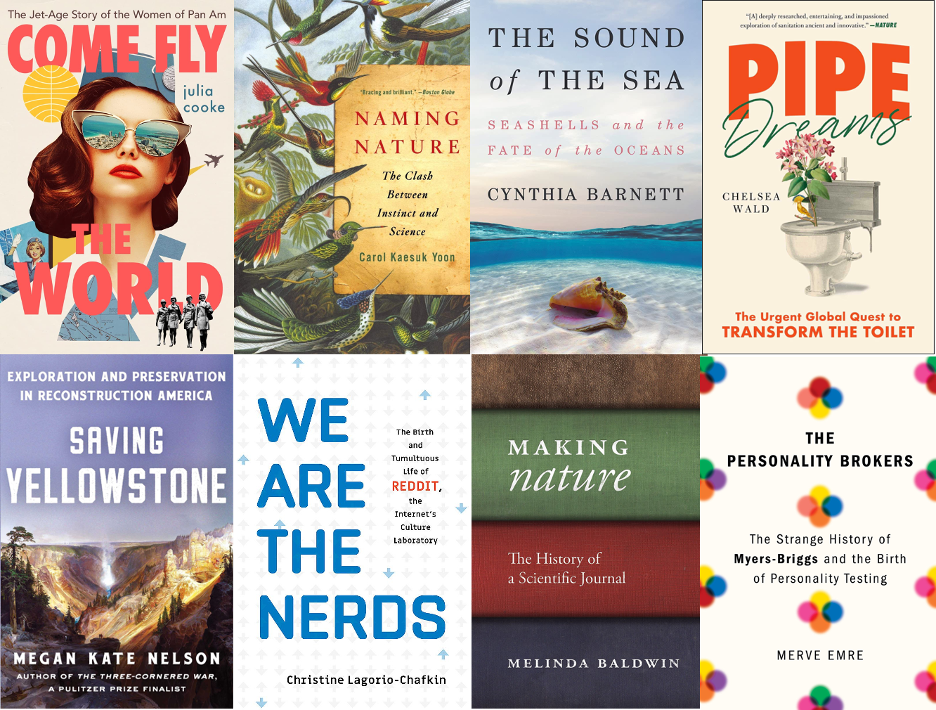
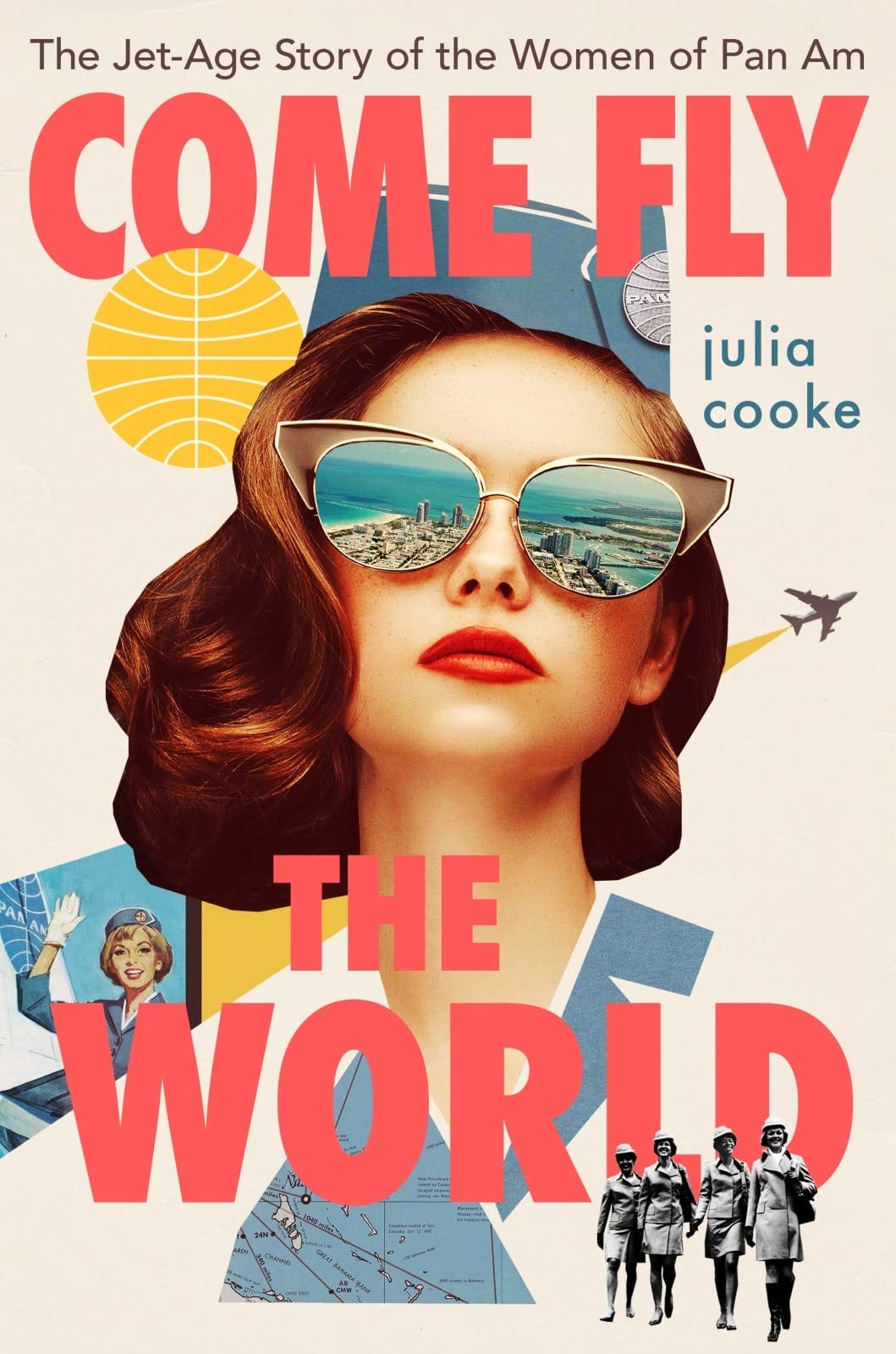
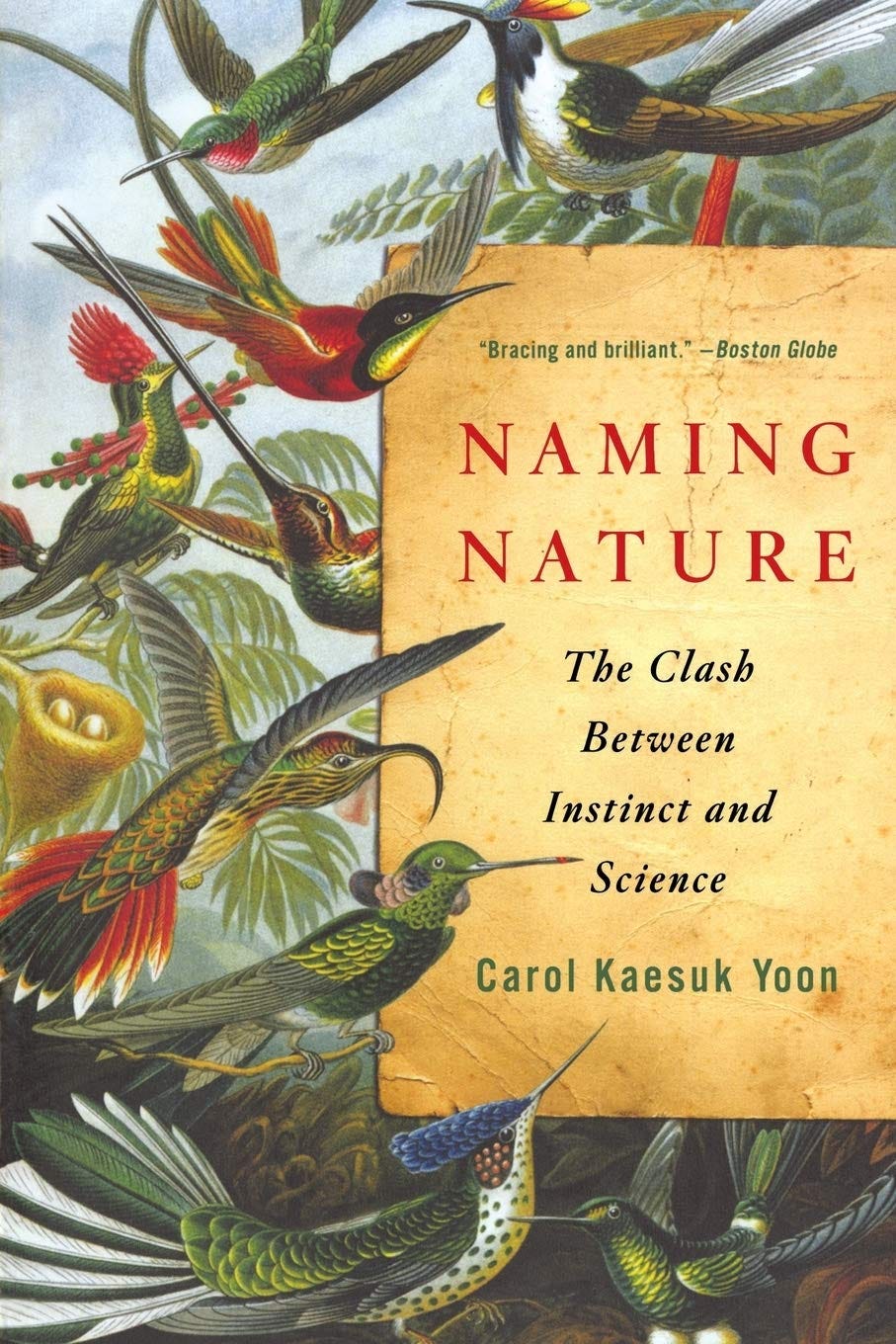
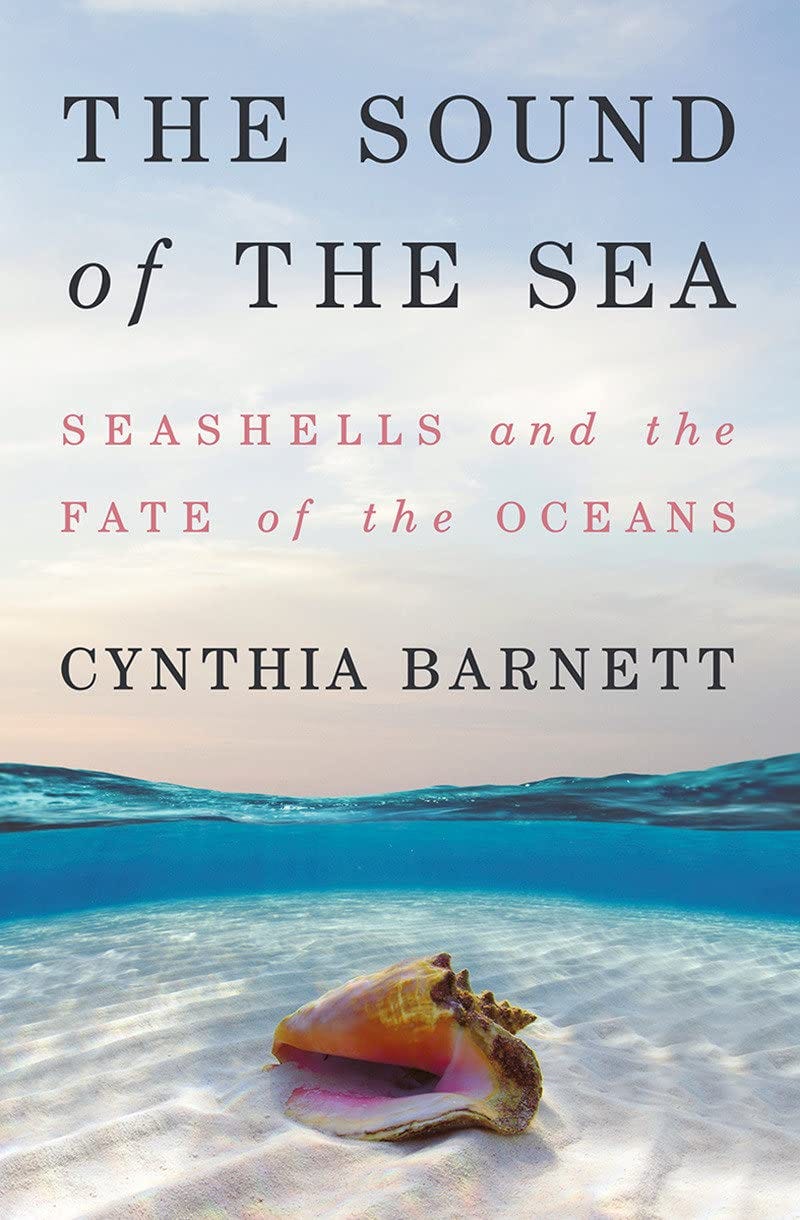
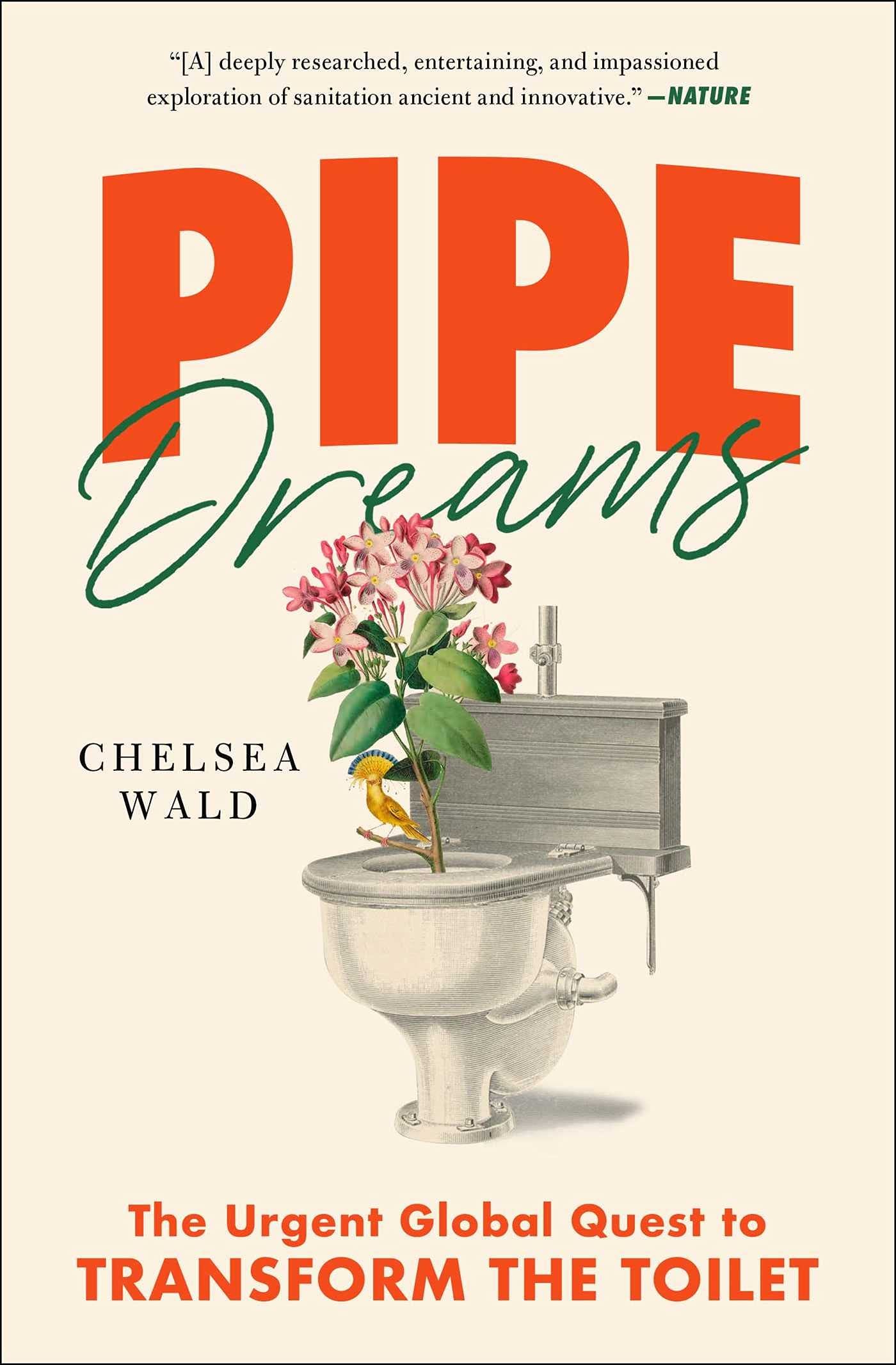
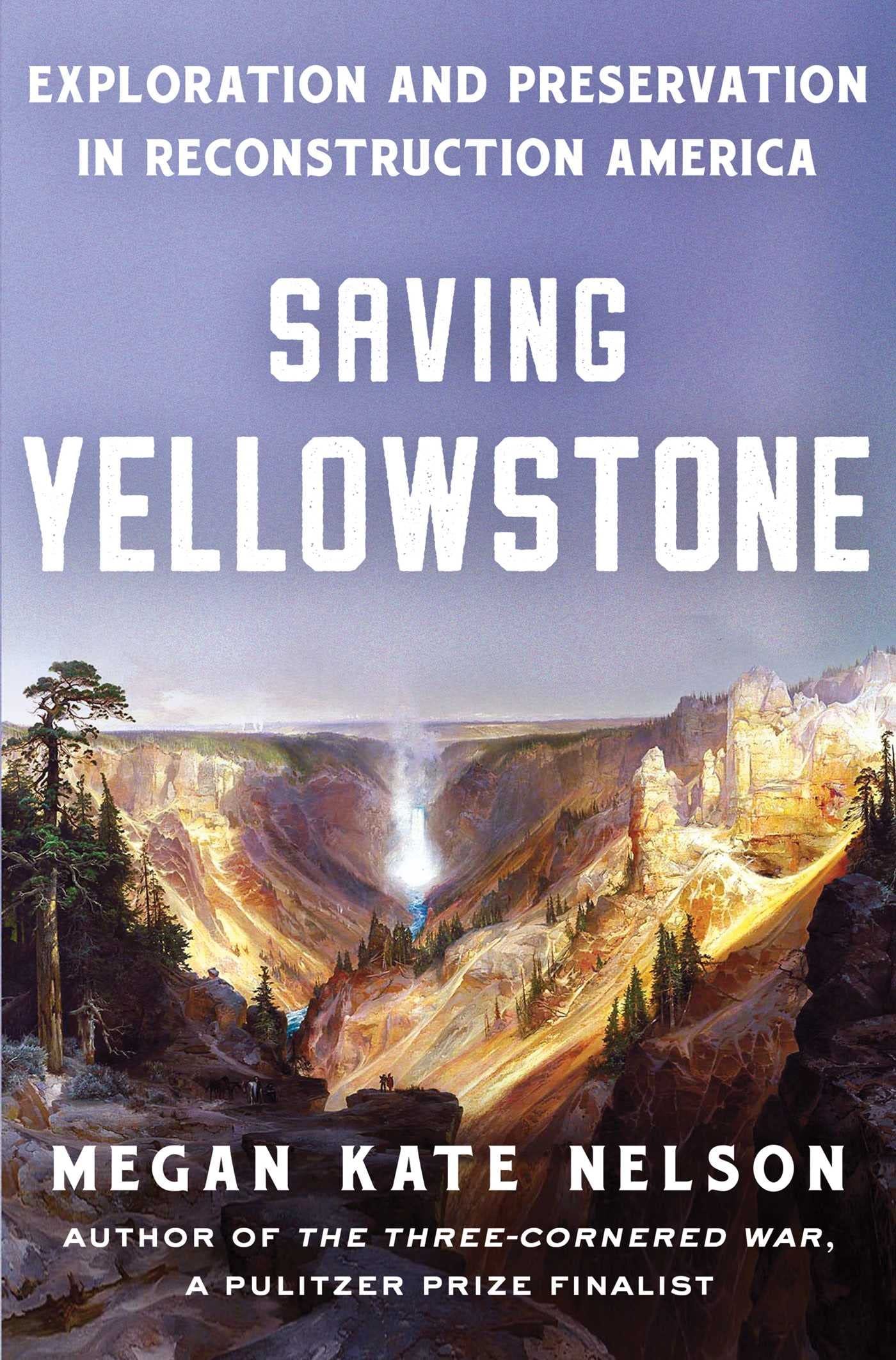
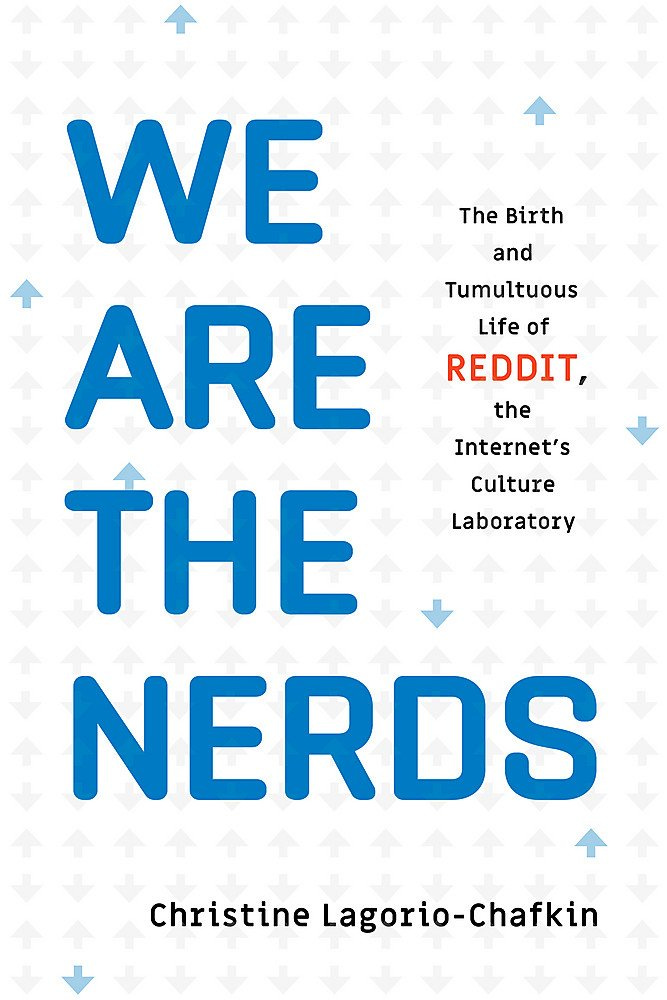
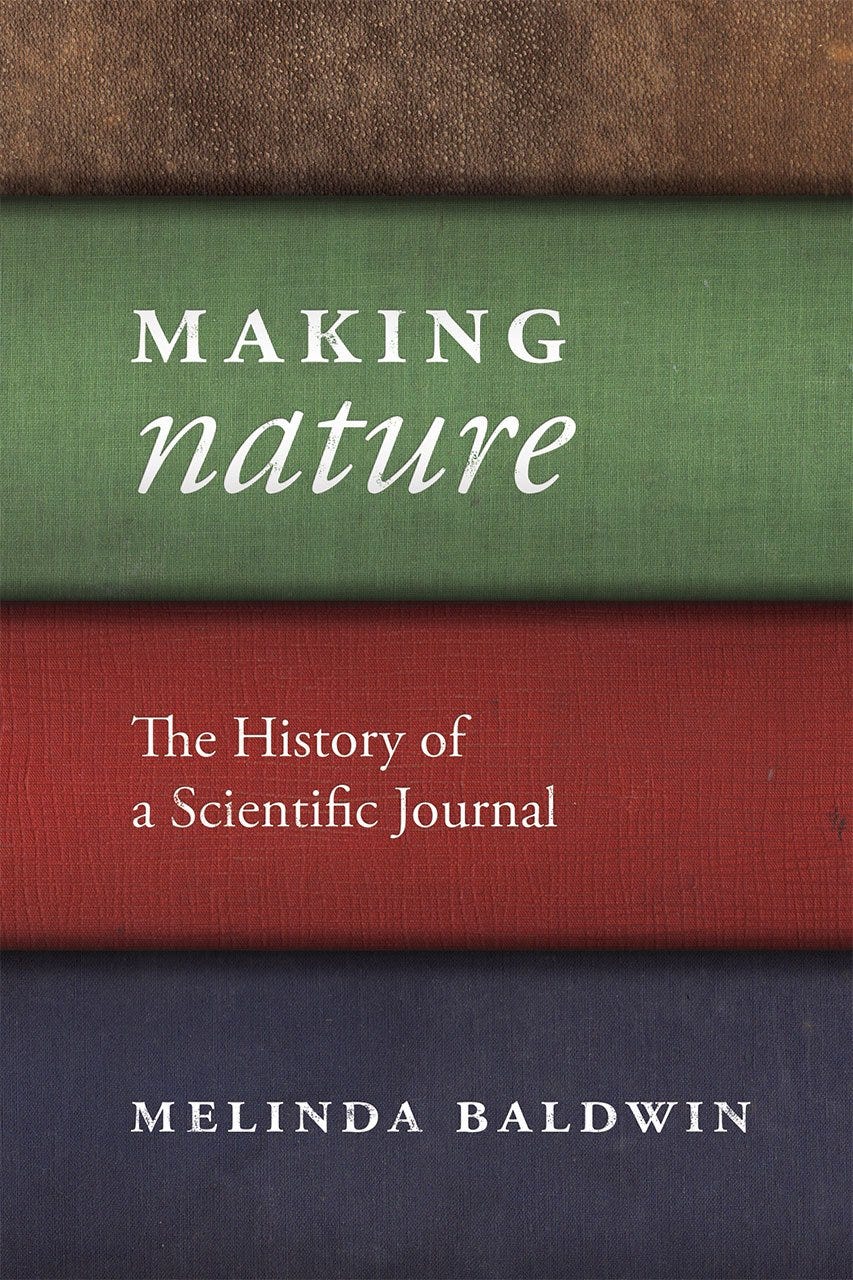
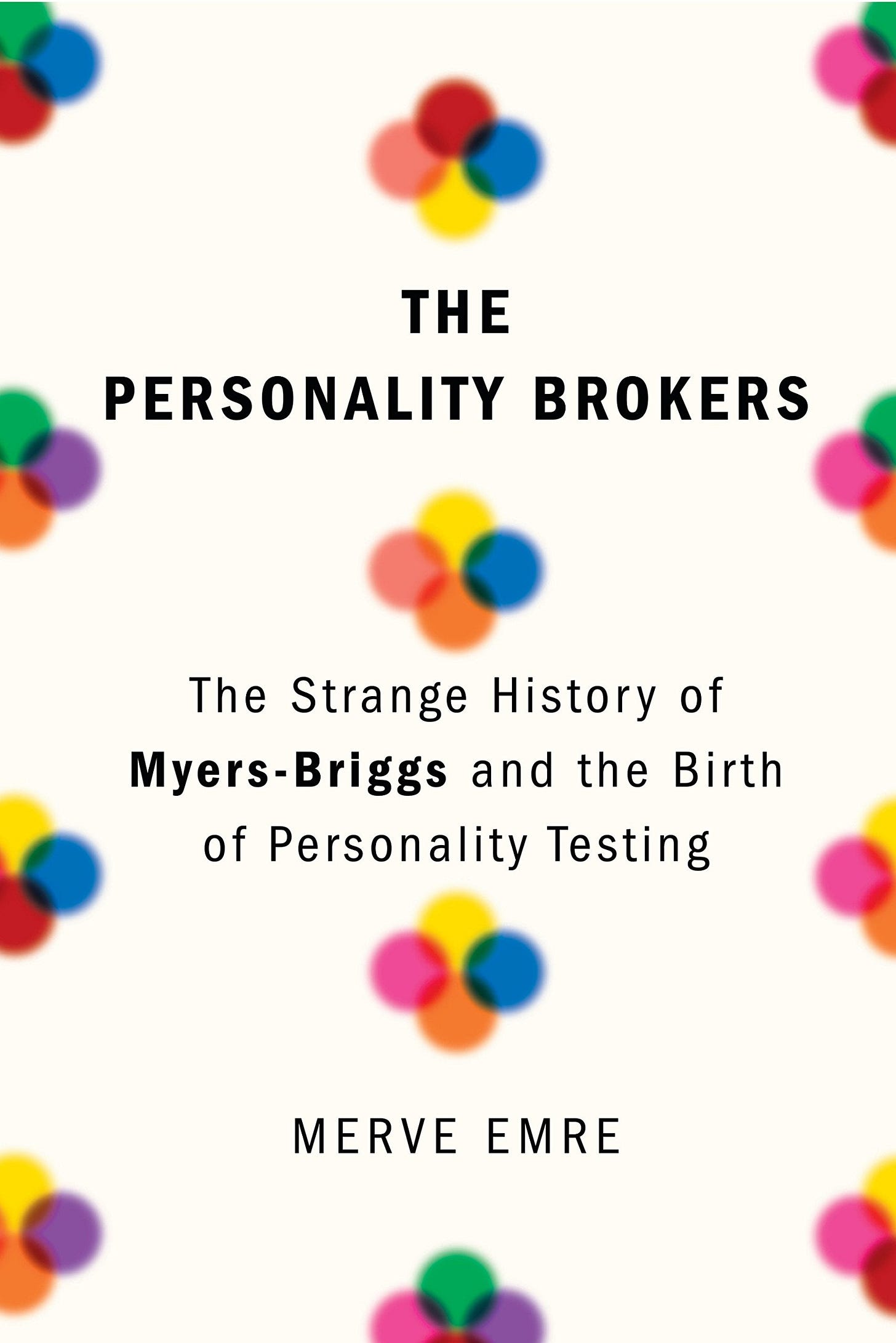

I agree - this is an excellent list! Thank you for sharing!
Great list!!!